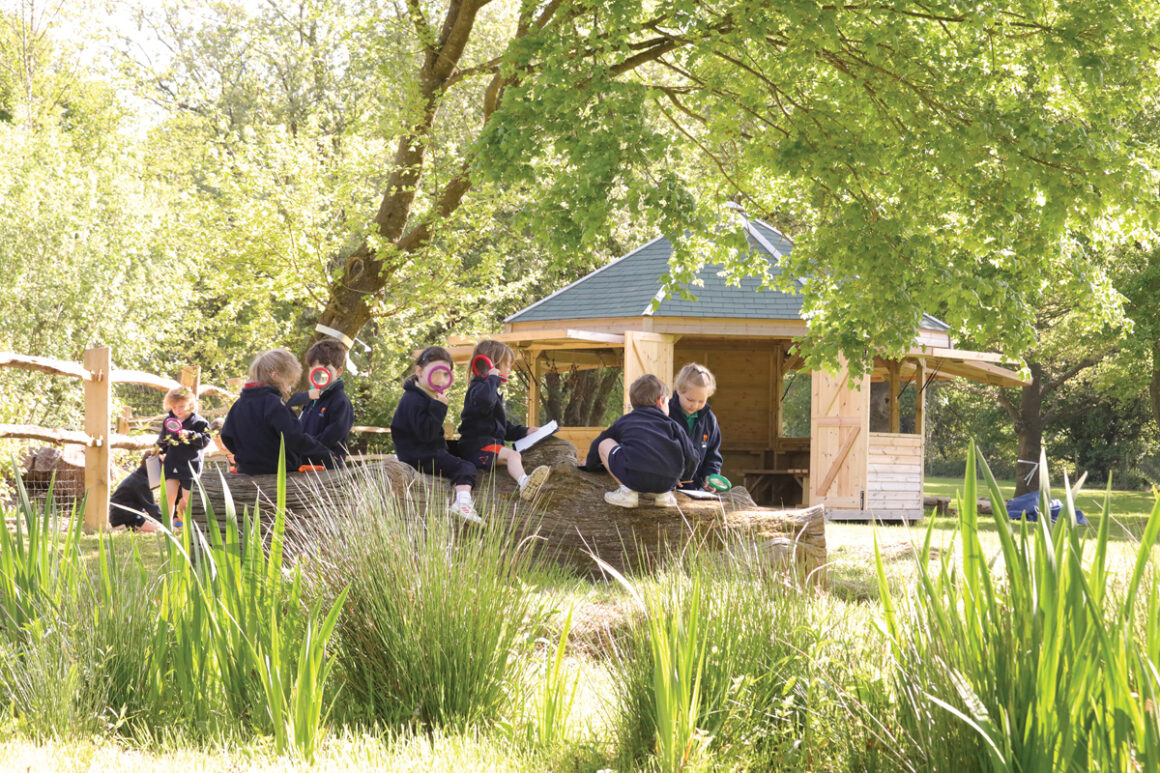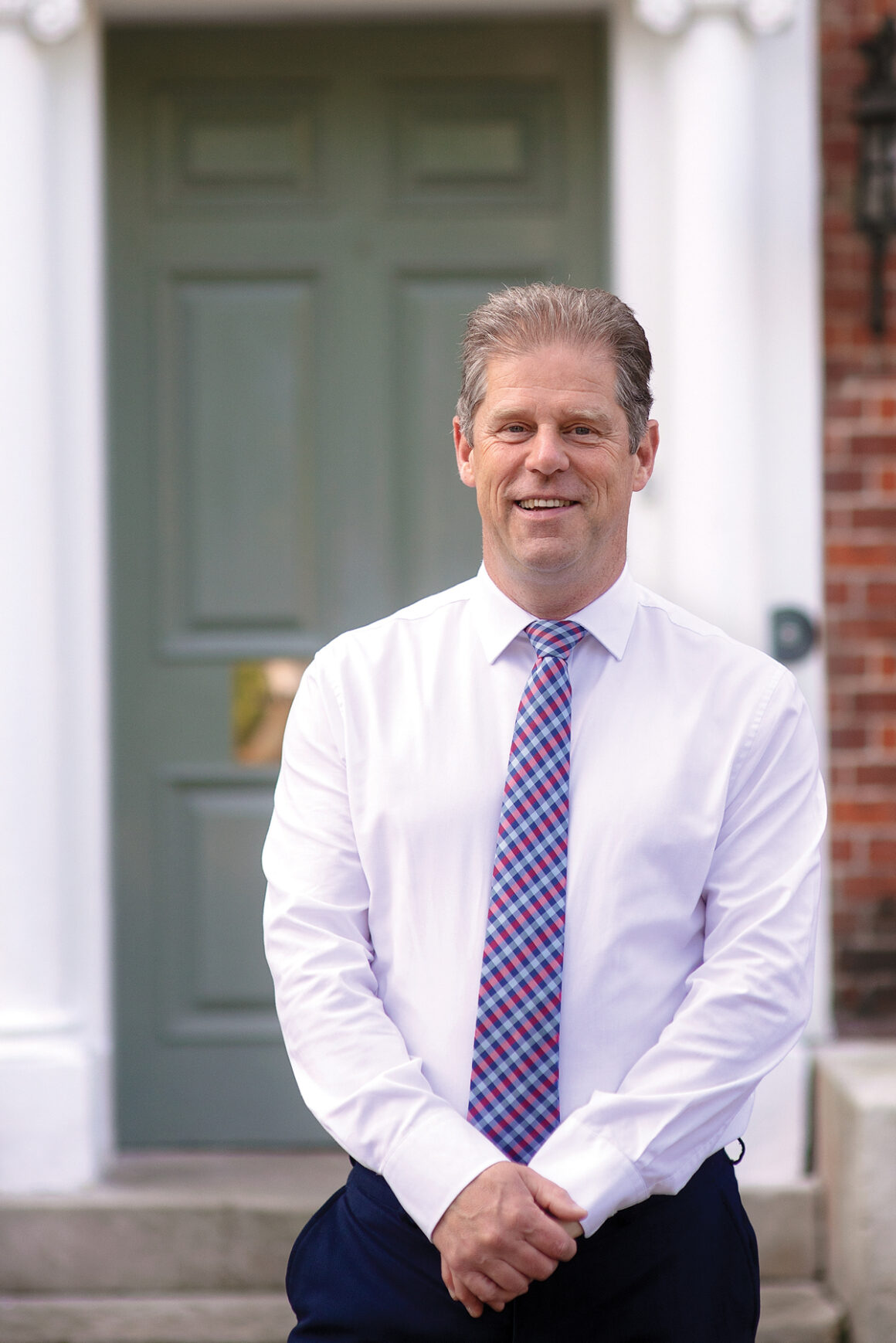Educating the Whole Child
Eddy Newton, Head of Marlborough House School, explains the virtues of a holistic education
Even before COVID, education was changing as schools realised that there was more to life than academic performance and exam results. Holistic education has quite rightly become the goal for our children, as we seek to educate the whole child, emotionally, physically and academically. The emotional well-being of children and adults has come to the fore through COVID times and quite rightly is now the first aspect that we as teachers consider – performance can follow.
A happy child will be productive at school, so it makes sense to ensure that our children are content within themselves, confident in the school environment and feeling well supported by the adults around them. However, once we have achieved this position – and it is an ongoing situation that needs constant monitoring, thoughtful systems and a caring staff room – we must return to the question of what are we teaching our children? When a child leaves Marlborough House at 11 or 13, what should they know and what characteristics should they possess?
At MHS we believe that the old-fashioned virtues of recall and regurgitation in high pressure exams are no longer the way forward, particularly for children who are leaving primary school or just reaching the dizzy heights of becoming a teenager. We want our children to be more flexible nowadays, able to think for themselves and possess a range of skills that are appropriate in the modern day. Our pupils achieve fantastic results in all areas of school life but exam grades only tell one part of the story – can your child show adaptability, ease of communication and the ability to research and present? These are the things that matter more nowadays, as pure factual information is at the touch of a button rather than at the mercy of a child’s memory. Literacy, numeracy, spelling and times tables remain important to us but, as the children mature, we want to see what else they can deliver.
Since 2019, we have followed the PSB – the Pre-Senior Baccalaureate. This is more of a philosophy than a scheme of work, offering a greater range of skills while covering the same material as before. There is no loss of rigour and pupils are still examined, but they are also challenged (and excited to be challenged!) to question the ways in which they learn and present their work. Rather than only assessing their ability through written exams, we ask for projects and presentations, offering the children the chance to improve their presentation skills and gain in oral confidence. Aren’t these the skills that they will need to show in the workplace or at interview?
This philosophy starts in Pre-Prep with our Head, Heart and Hands approach. Generally speaking, in the mornings we use our Head and focus on most of the core “academic” work, before moving onto the emotional side of things with assemblies, mini TED talks, PSHE and the like (the Heart). There is also room for the practical and physical aspect (the Hands) to be tackled in sport, art and design, STEM activities and many other areas.
In this way, pupils at Marlborough House can enjoy the variety of their education as they develop the practical wisdom that will serve them long after they leave us for senior school. Furthermore, their experiences at MHS help build self-assured individuals who are extremely supportive of each other.


